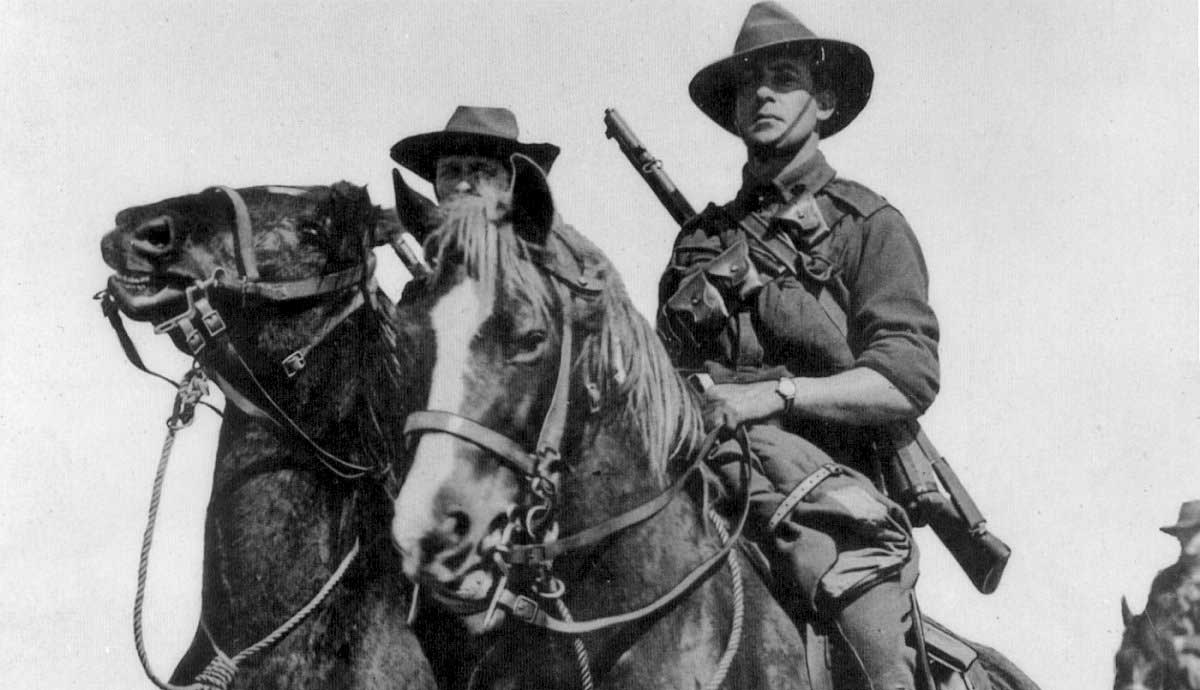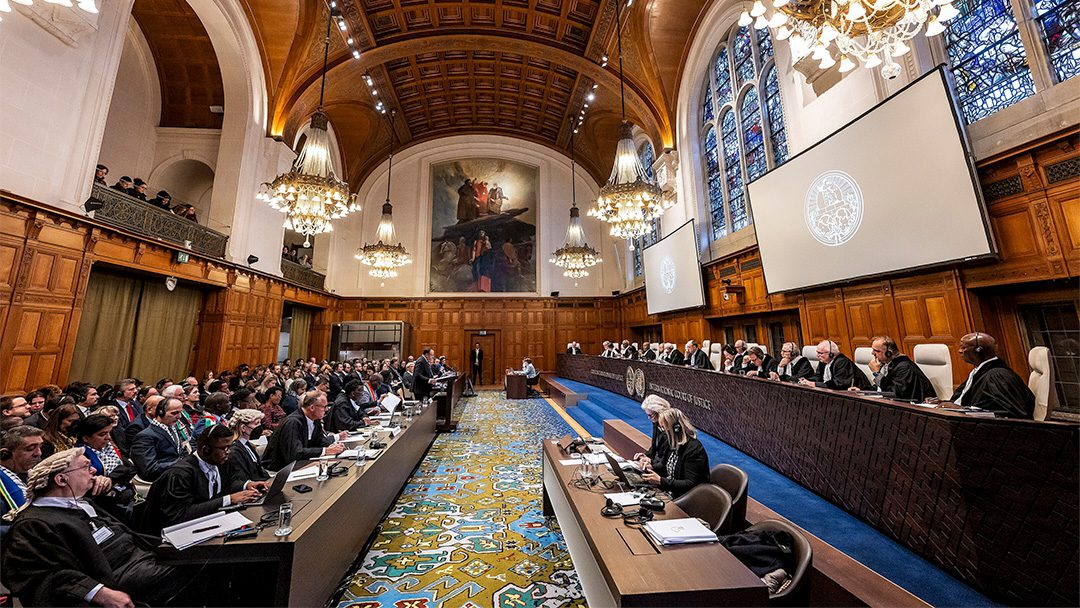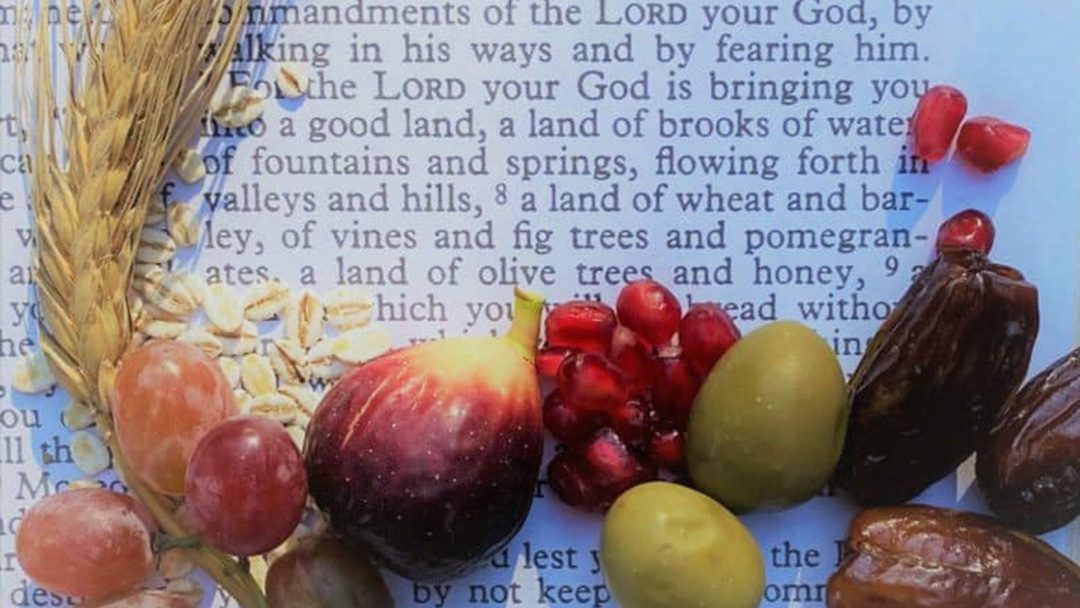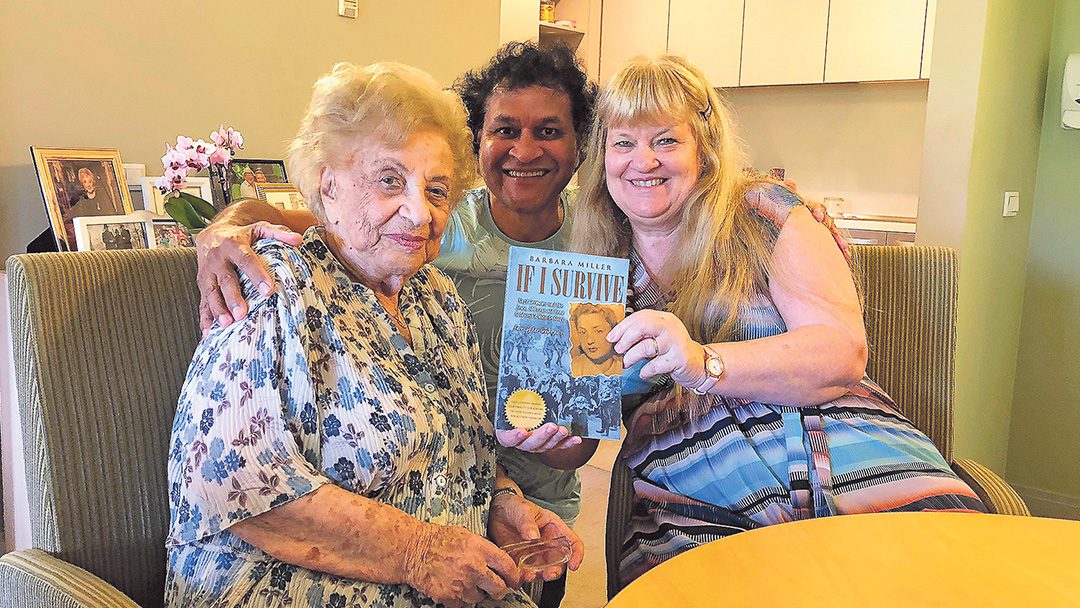Photo of Anzacs from AWM: “Australian light horsemen riding waler horses. The soldiers are of the original contingent of the Australian Imperial Force and the photo was taken prior to their departure from Australia in November 1914. The soldier on the right is Trooper William Harry Rankin Woods, 1st Light Horse Regiment, who died of wounds on 15 May 1915,
one of the first light horsemen to die during the Battle of Gallipoli.”
I recently re-read an article I wrote in 1992 entitled ‘The Anzacs and Israel’ which had been published in several Christian magazines and circulated around Australia and New Zealand. It portrayed a somewhat patriotic ANZAC perspective – which I now realise was not entirely balanced.
At that time I was working as a local guide at Christ Church in the Old City of Jerusalem specialising in British, European and Protestant involvement in the Eastern Mediterranean 1798-1948. This article reflected my attempt to present the significant contribution which ANZAC soldiers had played in helping to lay the foundations for the establishment of Israel – as part of the bigger geo-political picture. This perspective was aided through also conducting In Step with Allenby and the Light Horse tours from Jerusalem, down to near Gaza and then to Beersheba. These ventures, which began in 1988, were all quite pioneering, and like all pioneering ventures one is apt to get a bit excited.
Throughout 1993 while on sabbatical in Australia and New Zealand, I spoke on numerous occasions in these two nations on this subject matter – and yes, I was probably quite excited by it all!
Despite my over-enthusiasm there is, nevertheless, absolutely no doubt that Australia and New Zealand (mostly through the Anzac soldiers), have played an important role in aiding with Israel’s modern restoration to the land. There is absolutely no doubt that our soldiers won the hearts of many of the locals wherever they went and in both world wars contributed to the saving of countless thousands of innocent lives. There is indeed much that we can be proud of through what our nations and soldiers have achieved.
In 1992 I began writing on this subject with the intention of doing an ‘Australia fulfils prophecy’ type of book, but was advised not to write from this platform, but to present the basic facts and details – and allow the reader to draw their own conclusions. Thankfully this advice was followed and after a further five years of research Anzacs, Empires and Israel’s Restoration 1798-1948 was published in 1998.
This exercise challenged me to watch my own ‘parochialism’ in what I said and wrote, and to use primary sources where possible. Then I sensed the Holy Spirit impressing upon me the need to be more balanced and less emotional. This was not at all easy as I tend to be an emotional communicator.
In subsequent publications on the subject matter: Anzacs & Israel ; Journey to Beersheba ; El Alamein – Halting an Impending Holocaust in the Middle East ; Gallipoli – The Road to Jerusalem (and the documentary of the same title) I have ‘tried’ to adhere to this principle. The emphasis is upon ‘tried’, for being a mere mortal there will always be oversights and mistakes, which are often pointed out.
Once while speaking in England, I jumped on my high horse and mentioned how the 10th Light Horse Regiment were the first mounted forces into Jerusalem on 9 December 1917. Afterwards an Englishman politely informed me that the Westminster Hussars were the first mounted troops into Jerusalem. We ‘debated’ the matter, and in conclusion I asked him to provide me with primary supporting evidence, which he later did. The conclusion: he was right and I was wrong. My unbalanced Anzac perspective was caught out.
“A tendency to ‘over-emphasize’ could lead to potential pitfalls, even to the idea that our nation is somehow ‘special’ and even better than someone else.”
From about the year 2000 I discerned a more assertive form of patriotism coming from some of the Australians participating in the Light Horse tours. On numerous occasions I was informed that the British failed at Beersheba and it was left to the Australians to make up for this and charge in and finish off the job and so on. Although the British High Command ‘may’ have made some mistakes on the day, yet the British infantry did much of the fighting at Beersheba and achieved all their stated goals. Additionally the success of the charge of the 4th Light Horse Brigade was also greatly assisted by what the New Zealanders did in capturing Tel el Saba, the high point overlooking the field of the charge.
As a military tactic, the charge is in a league of its own. Its execution and conclusion were brilliant, and the men extremely brave. It is indeed an exploit which we should be rightly proud of. There is no need, however, to embellish it by minimising the achievements of others.
Do we tend to ‘over-emphasize’?
With the above stated examples in mind, do we as Australians generally tend to ‘over-emphasize’ our exploits? If so, why? Is it because of a deep-seated desire to prove ourselves, to discover our identity as a people, even to discover our national destiny?
A tendency to ‘over-emphasize’ could lead to potential pitfalls, even to the idea that our nation is somehow ‘special’ and even better than someone else. But is Australia any more special than any other Gentile nation? Only one land and nation, I thought, have any ‘special’ significance, and that is the land and nation of Israel and this is because both are results of covenant promises from God to Abraham. We are, I would suggest, unique, just as every other nation is unique.
Perhaps just such a tendency to ‘over-emphasize’ can be seen in the way we constantly proclaim and sing that ‘we are the great southland of the Holy Spirit’. But where in Scripture does it actually say that ‘we’ (i.e. Australia) are ‘the great’ south land of the Holy Spirit? (If we are seriously seeking for revival in our nation, then perhaps we might be better served looking at the principles of 2 Chronicles 7:14).
Our involvement at Beersheba and in the Middle East was not because we were any better than anyone else, but purely because of the grace and sovereignty of God Almighty in arranging it that we are where and who we are. Only His grace could see us go from our humble beginnings to our involvement in events which ultimately led to the restoration of modern Israel.
So is there a God factor in all this?
If then we try and be more historically balanced about Australia’s significant connection with Israel in the period since 1917, including the events of 31 October 1917, how do we communicate the God-factor? Is it actually possible to do so without exaggerating, or emotionalising it all?
If God is sovereign over history then all we need do is to present the basic information, as well as find those natural points of contact between being a follower of Jesus, and this ANZAC-Light Horse involvement in the Middle East. What could those connecting points be?
One central connecting point is Covenant. I will not delve further into this subject here (my perspective on this central theme of Scripture is written in, The Oath of the Covenant & In Covenant with Jesus). In brief though, if God has made (‘cut’ in the original language) covenant, given promises and sealed those promises with an oath (in His Name), then these promises will stand – to national Israel, and to us as followers of Jesus.
Within this overall theme of Covenant, there is the outworking of God’s amazing plan for the redemption of both Israel and the nations. This dynamic is revealed throughout Scripture, including in Genesis 12: 1-3 ; Deuteronomy 32: 8-9 (Stones Tenach, NKJV); Isaiah 11: 10-12 ; Luke 2: 25-32 ; Acts 9: 15, and elsewhere. This is God’s sovereignty working through history and geography. If one understands the principles or mechanics of covenant, then it is clear that there are consequences, one for obeying or disobeying the conditions of the covenant, and two, for harming or blessing anyone who is in covenant with God Almighty.
Paul wonderfully expounds God’s plan for Israel and the nations in Acts 17: 22-31, esp verses 26-27 & 30:
‘And He has made from one blood every nation of men to dwell on all the face of the earth, and has determined their pre-appointed times and the boundaries of their dwellings, so that they should seek the Lord… but now [God] commands all men everywhere to repent…’
Conclusion
Australia might have a ‘particular’ role to play in the outworking of God’s plan for the redemption of the world (as per our involvement during the World Wars in the Middle East). This indeed might be the season when Australia’s destiny is more closely linked to that of Israel. But I question if that means we have a ‘special’ role, because God works all things to the fulfilment of His purposes, and uses different nations and individuals at different times.
All we need to know for our identity and destiny is found in the Scriptures – that there is a certain dynamic between the nations of the world and Israel; and, most importantly, that God’s ultimate desire is that all peoples, everywhere, would repent and believe in the One whom He has sent – Jesus – and enter into a personal covenant relationship with Him. This is our true identity and destiny.












0 Comments